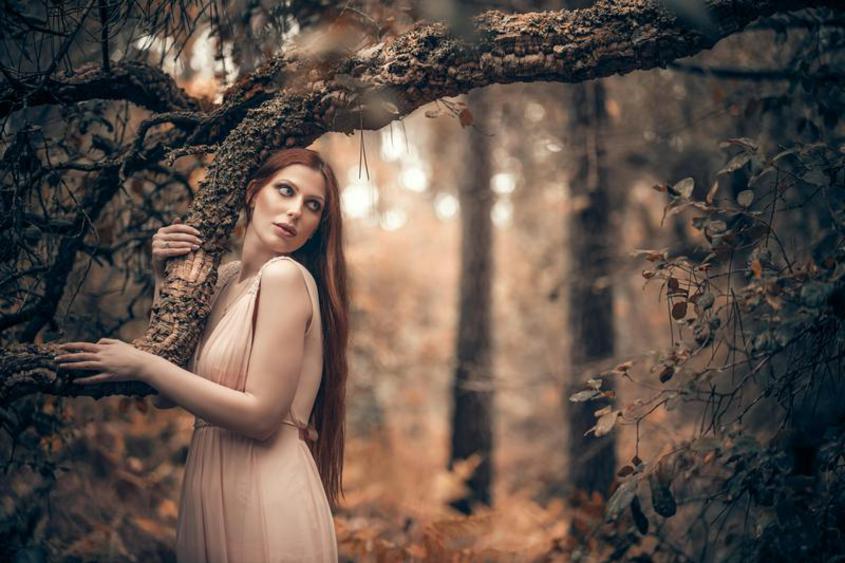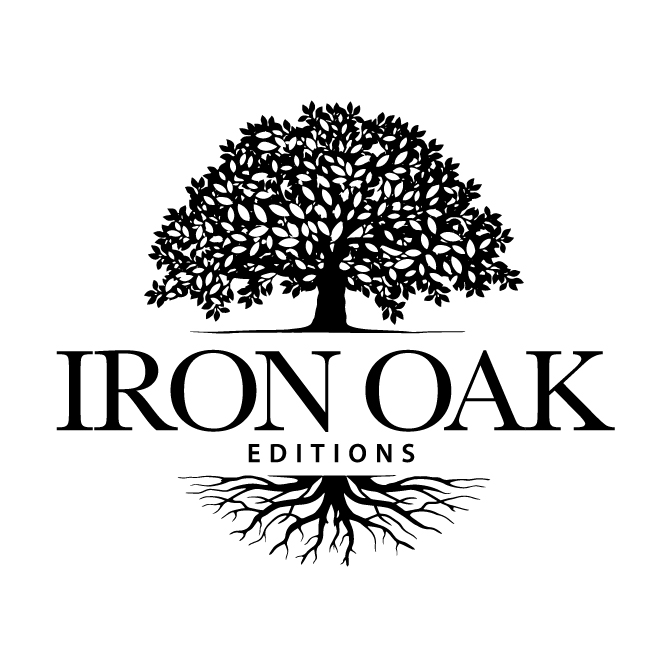by Corrine Watson
June 17, 2025
I Gave You Eyes and You Looked Toward Darkness by Irene Solà; Graywolf Press; 176 pages; $17.00.
Irena Solà’s I Gave You Eyes And You Looked Toward Darkness is a deeply poetic narrative that cannot be easily categorized. Drawing on Catalonian folk tales and legends, Solà imbues her writing with a strange sense of magic grounded in womanhood and an intimate connection to nature.
The story is told in nonlinear fragments, following the craggy twisted branches of a, perhaps-cursed, family tree. Written with an uneven timeline as the past and its ghosts bleed into the present, the novel mirrors the ways trauma can be inherited like a family heirloom. The generational sin originates with Joana, who, in her desperation for a husband, summons the devil. Yet when he comes to collect, she presents a convenient loophole because her husband is not a whole man, as he’s missing a pinky toe. Whether by chance or by cosmic vengeance, all of her children are born incomplete. First it was a missing piece in her daughter’s heart, a missing tongue, a liver, and finally her son who “was born without a hole back there and died, stuffed like a sausage." At this point, Joana understood the curse she had brought upon her family. “And by dint of willow, ivy, almond tree root, pennyroyal, and hemp, she quelled that flow of defective babies.” The repercussions of Joana’s sin cast ripples down through generations of women who follow.
Solà gives her characters a unique depth even in the brevity of our time with them. There is a playfulness with the wanton feminine archetype as these women unapologetically surrender to their desires, their lust, and their harshness. Solà writes that they seem destined to repeat the same patterns, “Tripping over the same stones time and again.” While they aren’t particularly likable people, there is an endearing feral energy, grounded in nature and folkloric tradition that makes these women stand out. The plot often orbits around scenes of birth and death, and it’s in those primal moments that their power feels most potent. One of the most striking scenes comes as Bernadeta watches her daughter die in childbirth, sitting with her grief and the unspeakable mystery of creation. Solà writes, “But you can’t say how a girl is made. There aren’t enough words to explain it, because you made her like dirt makes trees, and trees make branches, and branches make fruit, and fruit makes seeds. In the dark. From a place so deep within that you didn’t know you knew how to do it." This moment is raw and bigger than one death. It captures the way grief creation and inheritance are braided into the generational fabric of the family tree, creating this interconnected tapestry of life tied to the body and the land itself.
There is a raw bestial energy in Solà’s prose that grounds the story beautifully in nature. This adds to the folkloric tone of the story as the magic manifests in the use of the land, and the body. The land and the farmhouse take on their own role in adding to the magic of the narrative as ghosts and echoes of the past cling to its walls. Given the structure of the story, this adds to the sense that the farmhouse stands in a liminal space where the past and present coexist. Solà describes this as the land rising up to protect the inhabitants of the house until, “not only did they fall into oblivion among the sparse inhabitants of the region, but so secreted away were they that even the passage of time eventually forgot the house, and the years overlooked it and the women inside.” It feels noteworthy that the house is tied to the women and not the men - there is a patriarchal subtext that suggests that women are bound to the home and their children, perhaps as a curse of their sex and not from making deals with the devil. Yet Solà seems to use this as a space to reclaim a sense of independence for her characters in a way that parallels legends of witches.
In a similar way, Solà explores natural magic by leaning into the grotesque in regards to the body, not just in the depictions of birth and death, but in the vulgarity of bodily functions. Joana urinates on a crucifix in her ritual to summon the devil, and in an oddly humorous moment, a couple is cursed with uncontrollable farting. These moments add whimsy to the narrative while illustrating the feral nature of the characters. Throughout the novel, characters are likened to animals, such as a toothless mare, a wild boar, or baby goat. As a huntsman tells his daughters about good and evil and the natural world, Solà writes, “God made the trees and the rivers and the mountains and the pretty and useful animals. And the devil made the ugly wild animals.” Perhaps God did not make them - perhaps they are the ugly wild beasts made in the image of the devil as penance for their mother’s sin, and it separates them from the outside world.
I Gave You Eyes And You Looked Toward Darkness might be difficult to pin down on a first read, moving through centuries of memory and characters in the span of a day, but it is a beautifully written and meditative narrative that lingers with the reader like a strange folktale passed down through the generations.
__________________________________________________________________________________________________________________________________________________________________________
__________________________________________________________________________________________________________________________________________________________________________
__________________________________________________________________________________________________________________________________________________________________________
Finding Humanity in the Wild Past of Irene Solà’s I Gave You Eyes and You Looked Toward Darkness
FICTION REVIEW
Image by Pedro Dias from Pexels
Corrine Watson is a freelance writer and editor based in Charlotte, NC. Her work has appeared in Wretched Creations and the Southern Review of Books. Follow her on X @CorrineWatson6.
__________________________________________________________________________________________________________________________________________________________________________
__________________________________________________________________________________________________________________________________________________________________________
© 2025 Iron Oak Editions
Stay Connected to Our Literary Community. Subscribe to Our Newsletter






